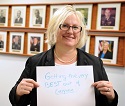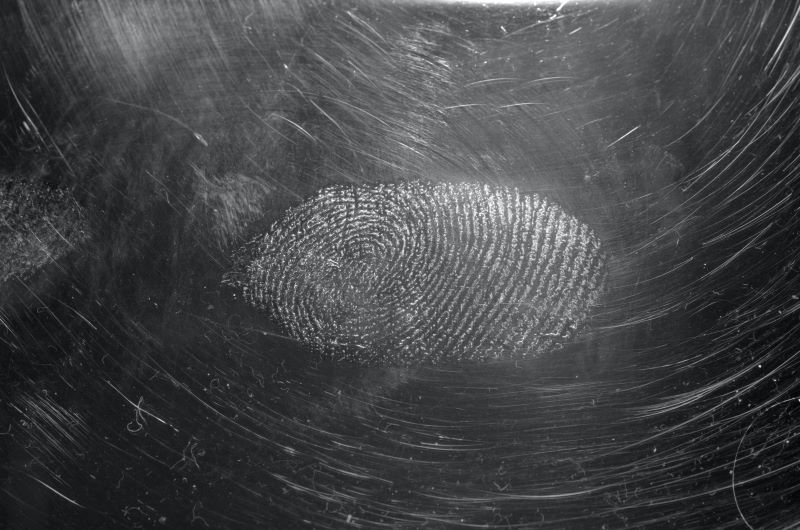Dr. Kathryn Morici becomes first female to head National Center for Medical Intelligence

Appointed from within the organization as the first female and only the second civilian in the position, Dr. Kathryn Morici became the director of DIA’s National Center for Medical Intelligence last month.
Her career was described in an article recently posted on the DIA’s Web site.
Morici began her career as active duty Army in 1992, serving as a primary care clinic commander with a follow-on assignment at the Walter Reed Army Institute of Research. After leaving the Army, Morici worked part time teaching at an academic institution while staying at home with her young children.
“Advice somebody gave to me once was, ‘You can do it all, or you can have it all. You just can’t do it all at the exact same time.’ And so that’s something that I’ve tried to take to heart,” said Morici of her decision to take time at home as a mother.
Upon deciding she wanted to return to DoD, Morici reached out to a military contact who informed her of a vacancy at NCMI, then known as the Armed Forces Medical Intelligence Center. She applied and joined DIA in August 2001 as an infectious disease intelligence analyst at NCMI.
NCMI provides medical intelligence to DoD on foreign health threats and capabilities across the substantive areas, including infectious disease, chemical/radiation, health infrastructure, sciences, systems, life sciences, biotechnology and countermeasures. The Center not only looks at the long-term threats to DoD interests, but also where opportunities exist.
Despite the position being occupied primarily by military officers, Morici was appointed to the director position as a civilian. “I think it speaks to the agility of DIA as an organization to do what it needs to do to get the mission done,” said Morici.
As director, Morici described primary initiatives for NCMI moving forward: develop much tighter relationships with DoD customers and inform the rest of the intelligence community about how much NCMI can contribute. “Our customers go far beyond the Joint Staff surgeon and the combatant command surgeons,” explained Morici.
The health and medical arena is not transparent around the world. Part of NCMI’s job is revealing the reality, enabling the war fighters and policymakers just like the other analytic centers at DIA.
“I think the key is really figuring out how to get the best out of everybody, so that each individual’s contribution is maximized and valued. That’s really how you do the mission best,” concluded Morici.








